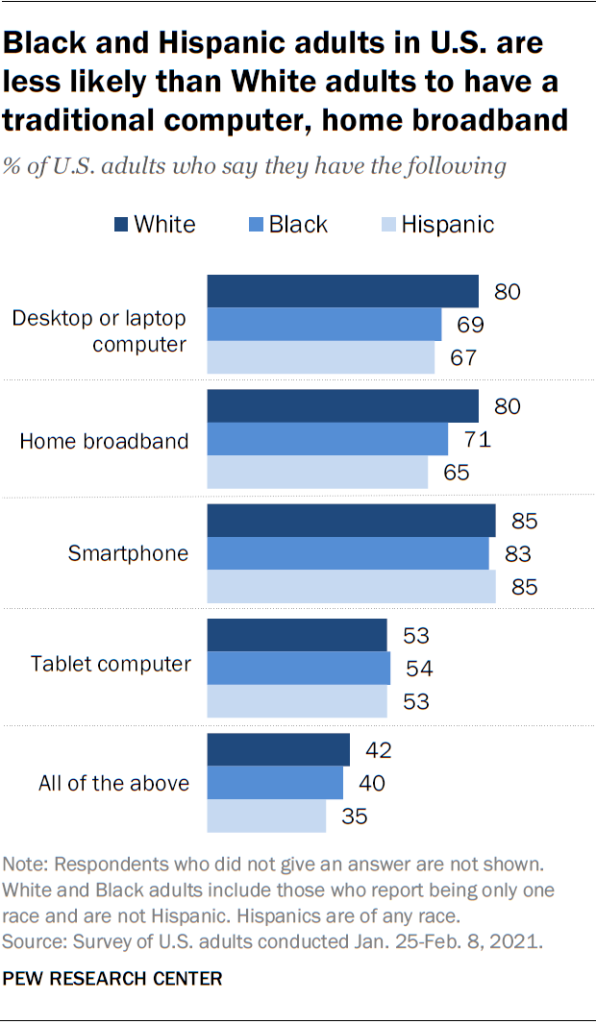Squid Game is a Korean TV show by Hwang Dong Hyuk that aired on Netflix in September of 2021 that took the world by storm. It was a Battle Royal where 456 players fought to the death through a series of children’s games. It revolves around Seong Gi-hun, player 456, who won the game, and 45.6 billion South Korean won.

The entire season highlights the class inequality that most modern economies face. Modern capitalism has extreme competition, just like the intense competition where people fight for their lives. The players are so desperate for a better lifestyle than they are willing to play a game where they have almost no chance at winning the jackpot, risking their lives on the line. When the player wins the prize money, they can pay off their debt and live comfortably. But, as seen with a dramatic twist at the end, Gi-hun did not even touch the money he won. He was so disturbed by the dramatic squid game he had to endure that he did not touch his money, revealing a theme that money does not create happiness. He still had so many problems regarding his family and overall satisfaction that money could not solve. Another critical theme was class inequality. There is a growing income gap throughout the world, and South Korea has the fastest-growing gap globally. Also, there is a rapidly growing household debt in South Korea, giving inspiration to the show. The colors throughout the show reveal some of the economic problems. The VIPs and the game show host were in black and other flamboyant costumes. The contestants were wearing green, which announced their status.
Overall, there were a lot of class inequalities revealed throughout the show. In our society, many people deal with wealth problems because of the economic systems around the world. The writers want the audience to remember this show when seeing excess poverty and the growing income gaps across the globe.

 tricts with fewer people applying to college, few
tricts with fewer people applying to college, few missions process is the first significant independent process for many kids, and not having the resources to succeed is a systemic problem. Economic inequality plays a huge role in who can apply for college. There are high application fees, increasing tuition costs, and expensive tests. People of low-income households may not apply to every school they wish or study for the ACT with a tutor. These are all contributing factors to the racial inequality regarding the admission process. The economic disparity is systemically racist because minorities are more likely to be living in low-income households, leading them to have more difficulties conquering these problems, which ends up falling to their kids. There are solutions to this problem. First of all, every kid in America should have access to a computer and a proper internet connection. Then, technology would not be the problem. Another bonus to this solution is that it could aid schoolwork, as most high schools are shifting to a more technology-based curriculum. Also, there should be mandated days every school year for seniors whose only focus is college and future planning, where everyone can access the same news. Having equal opportunities for higher education is a problem many Americans face, a systemically racist problem.
missions process is the first significant independent process for many kids, and not having the resources to succeed is a systemic problem. Economic inequality plays a huge role in who can apply for college. There are high application fees, increasing tuition costs, and expensive tests. People of low-income households may not apply to every school they wish or study for the ACT with a tutor. These are all contributing factors to the racial inequality regarding the admission process. The economic disparity is systemically racist because minorities are more likely to be living in low-income households, leading them to have more difficulties conquering these problems, which ends up falling to their kids. There are solutions to this problem. First of all, every kid in America should have access to a computer and a proper internet connection. Then, technology would not be the problem. Another bonus to this solution is that it could aid schoolwork, as most high schools are shifting to a more technology-based curriculum. Also, there should be mandated days every school year for seniors whose only focus is college and future planning, where everyone can access the same news. Having equal opportunities for higher education is a problem many Americans face, a systemically racist problem.